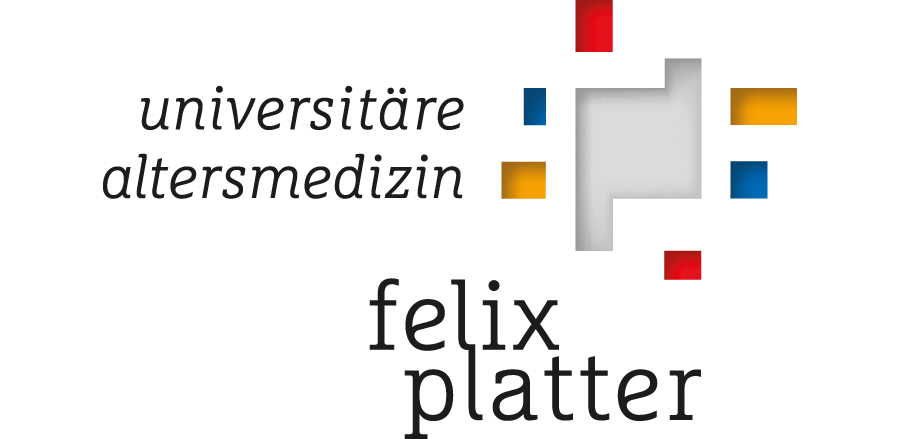Social cognition is a complex domain including all cognitive processes involved in social interactions.
In literature, the terminology and number of domains of social cognition differ. However, there is a broad consensus about emotion recognition and Theory of Mind as two key domains of social cognition.
Emotion recognition is the ability to recognize and interpret others' emotions, representing social perception.
Theory of Mind is the ability to understand others' mental states (e.g., feelings, thoughts, intentions), representing social understanding.
Another domain mentioned in many of the definitions is «social behaviour», which is why we suggest assessing social behaviour as a third domain of social cognition.
Social behaviour is the ability to adapt one's behaviour according to the social situation and social norms.
These three domains involve different, sometimes overlapping brain structures/networks and are consequently impaired differently depending on the type of brain disorder.
Multimodality and complexity of social cognition processes pose a big challenge in the development of assessment tools. Socio-emotional signals are perceived in different ways, for example through facial expressions, movements or intonation. Perception and responding behaviour also vary depending on the context. In regard to measuring social perception, video scenes offer a solution to this issue by providing various stimuli and situational contexts.
Information about everyday skills of the affected person can be assessed in the form of questionnaires. Because patients with brain disorders often lack insight into their illness, the use of other-report assessment questionnaires is recommended.
Finally, for use in clinical routine, the instrument should:
- Have normative values
- Be validated in the corresponding population
- Be easy to apply and time-efficient


